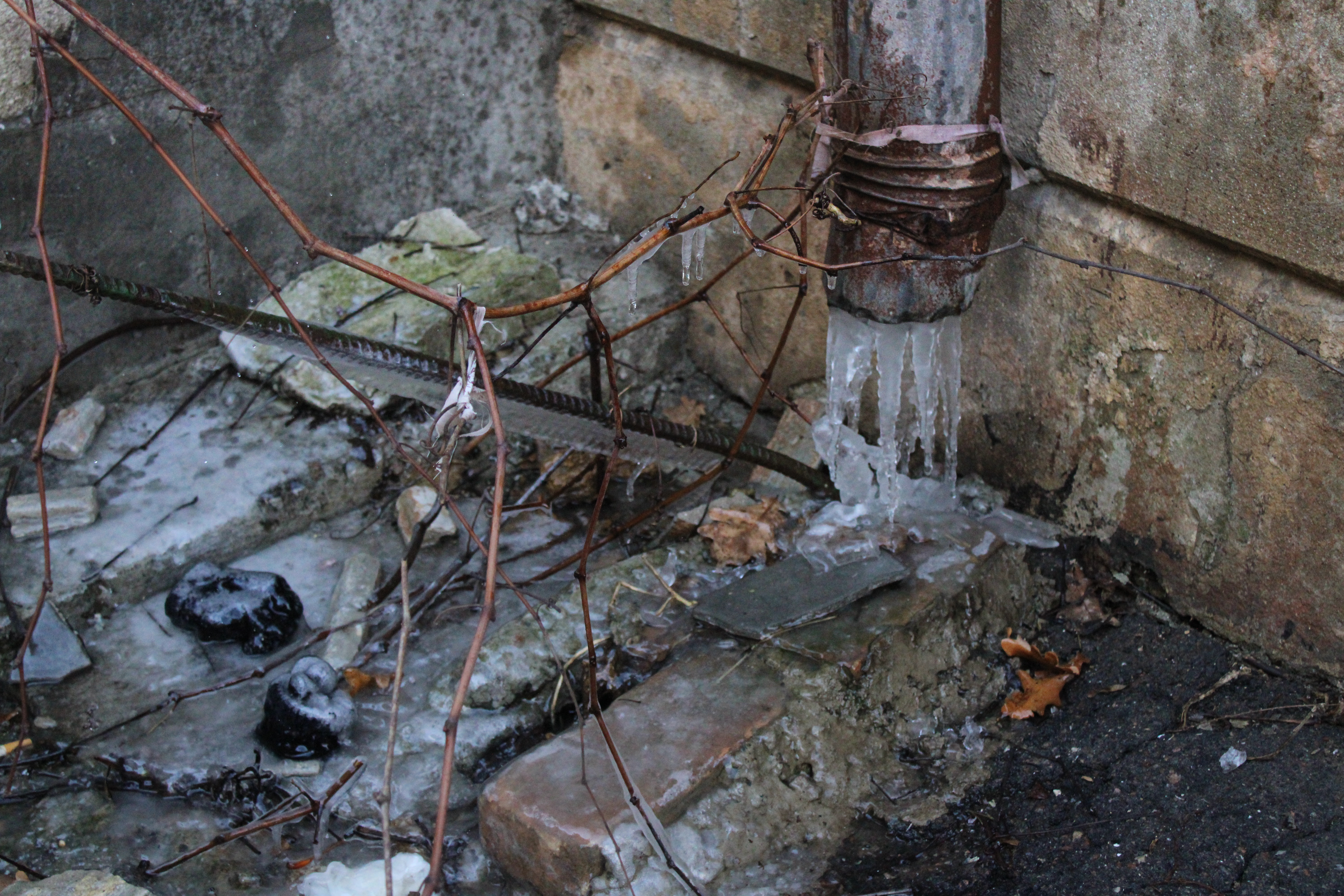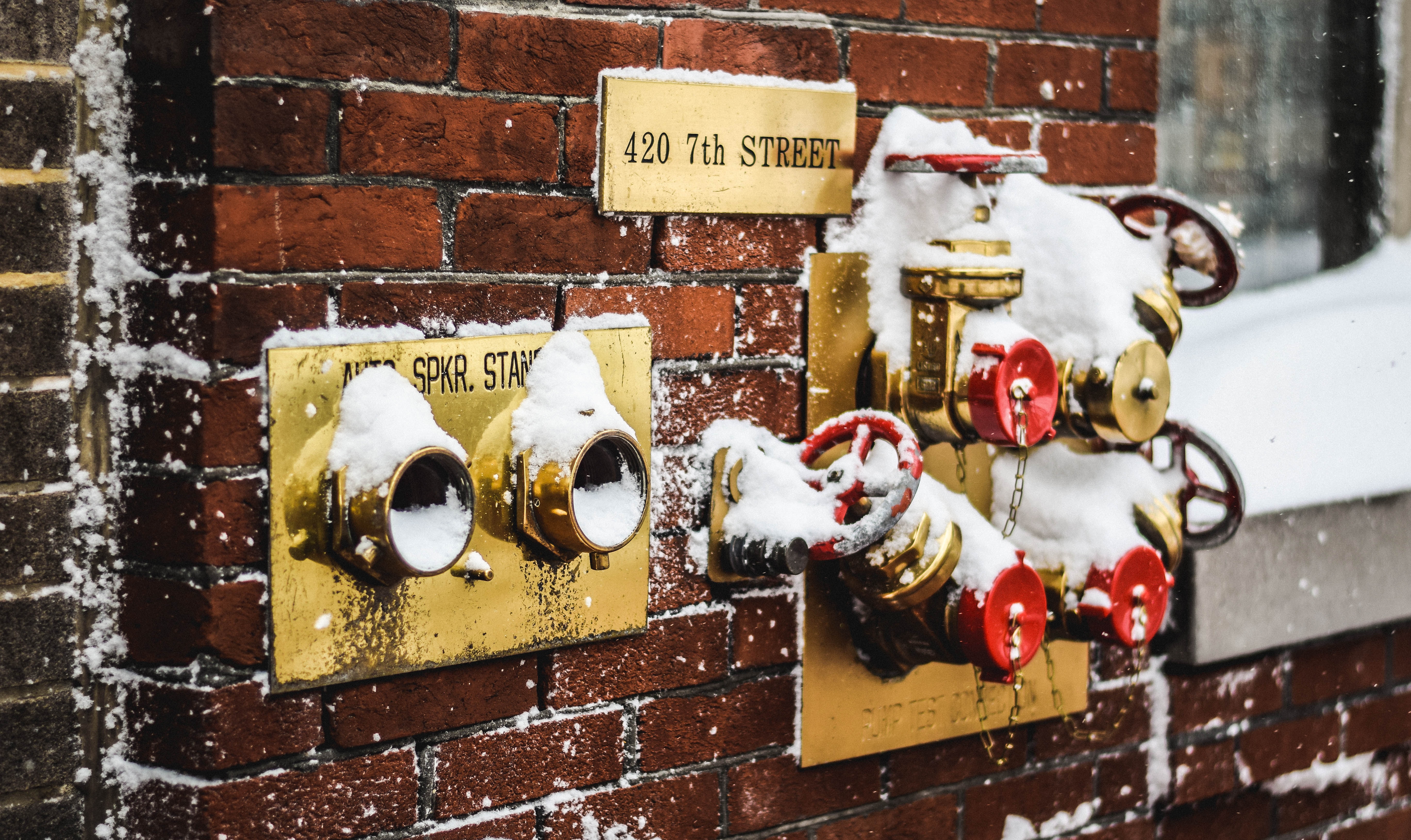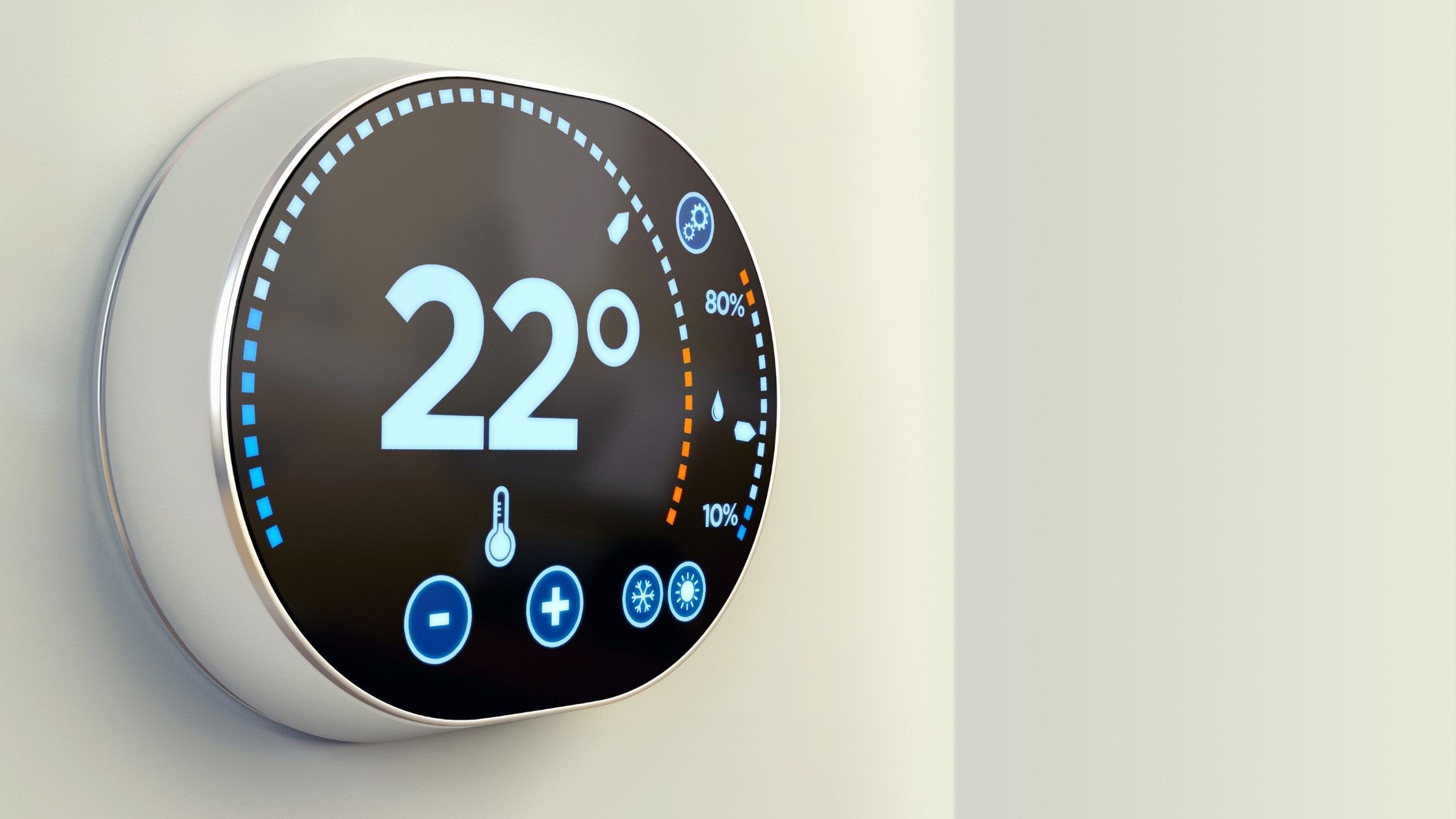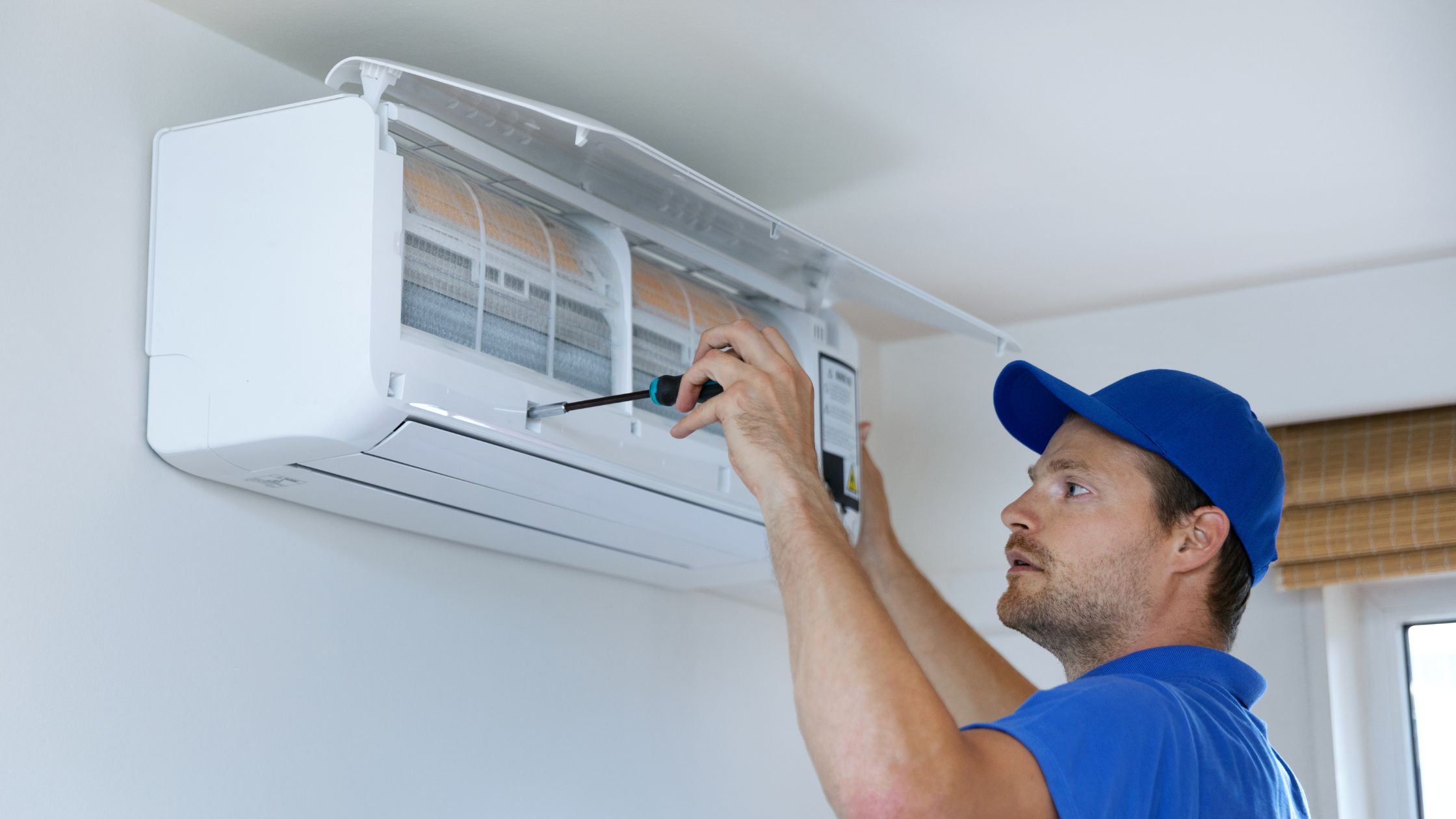Learn how to prevent your pipes from freezing in cold weather with these essential tips.
Understanding the Risk of Frozen Pipes
Frozen pipes can cause significant damage to your home and plumbing system. When water inside the pipes freezes, it expands, putting pressure on the pipes and potentially causing them to burst. This can lead to water leaks, flooding, and expensive repairs. Understanding the risk of frozen pipes is the first step in preventing them.
Pipes that are exposed to extreme cold temperatures, such as those located in unheated areas like basements, attics, garages, and crawl spaces, are particularly vulnerable to freezing. Additionally, pipes that are located near exterior walls or in areas with inadequate insulation are also at a higher risk.
It's important to be aware of the warning signs of frozen pipes, which include reduced water flow, strange noises coming from the pipes, and visible frost or condensation on the pipes. If you notice any of these signs, it's crucial to take immediate action to prevent further damage.
Insulating Exposed Pipes
One effective way to prevent frozen pipes is by insulating exposed pipes. Insulation helps to keep the pipes warm and protect them from the freezing temperatures. There are several options for insulating pipes, including foam pipe insulation, pipe sleeves, and heat tape.
Start by identifying the pipes that are most at risk of freezing, such as those located in unheated areas or near exterior walls. Then, wrap the pipes with insulation material, making sure to cover the entire length of the pipe. Pay extra attention to areas where pipes are more exposed, such as pipe joints and bends.
In addition to insulating the pipes, it's also important to insulate any gaps or openings where cold air could enter, such as holes in walls or floors. Use caulk or weatherstripping to seal these gaps and prevent drafts.
Sealing Drafts and Leaks
Drafts and leaks can allow cold air to enter your home and come into contact with the pipes, increasing the risk of freezing. It's important to identify and seal any drafts or leaks in your home to keep the pipes protected.
Contact us to inspect the areas where pipes are located, such as basements, crawl spaces, and attics. Look for any gaps or cracks in the walls, floors, or ceilings that could allow cold air to enter. Seal these gaps using caulk or weatherstripping.
In addition to sealing drafts, it's also important to repair any leaks in your plumbing system. Even small leaks can contribute to freezing pipes by reducing water flow and creating areas of stagnant water. Inspect your pipes regularly for any signs of leaks, such as water stains, dampness, or mold growth, and repair any issues promptly.
Maintaining Proper Heating
Maintaining proper heating in your home is essential for preventing frozen pipes. Make sure that all areas of your home, especially those where pipes are located, are adequately heated during cold weather.
Keep the thermostat set to a consistent temperature, even when you're away from home. It's recommended to keep the temperature above 55 degrees Fahrenheit (12 degrees Celsius) to prevent freezing. Consider using a programmable smart home thermostat to regulate the temperature and ensure that it doesn't drop too low.
If you have pipes located in areas that are difficult to heat, such as crawl spaces or garages, consider using space heaters or heat lamps to provide additional warmth. However, make sure to follow safety precautions and never leave these devices unattended.
Taking Precautions When Away from Home
If you're planning to be away from home for an extended period during cold weather, it's important to take extra precautions to prevent frozen pipes.
First, make sure to keep the heating system running while you're away. Set the thermostat to a temperature above freezing to keep the pipes warm. It's also a good idea to open cabinet doors under sinks to allow warm air to circulate around the pipes.
Consider shutting off the main water supply and draining the pipes if you'll be away for an extended period, such as a vacation. This can help prevent any water remaining in the pipes from freezing and causing damage.
Finally, have a trusted friend, neighbor, family member or Truth Plumbing technician check on your home periodically to ensure that the heating system is functioning properly and there are no signs of frozen pipes or leaks.




